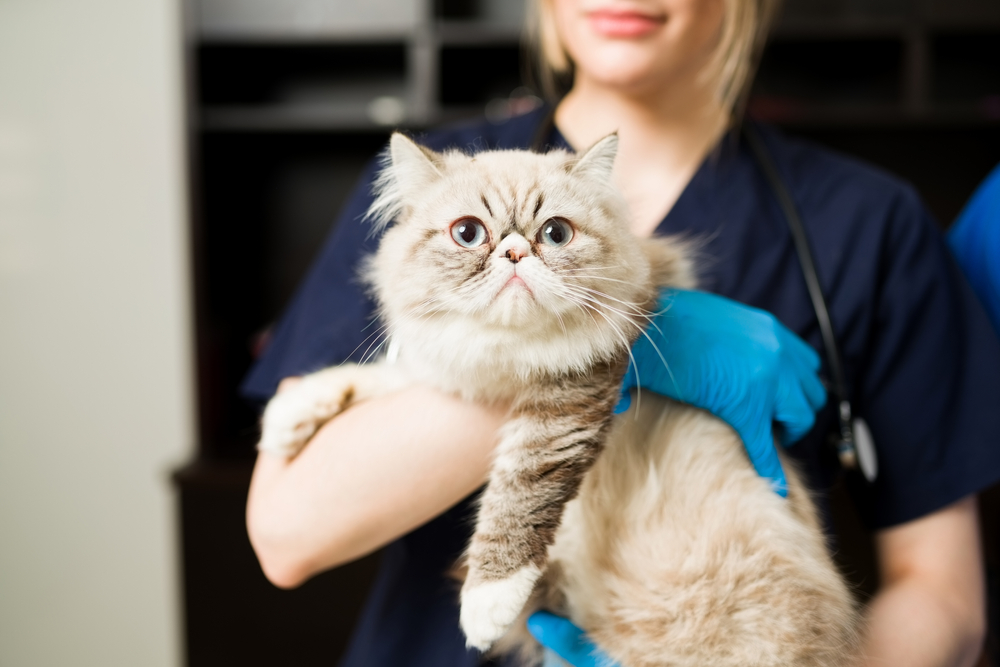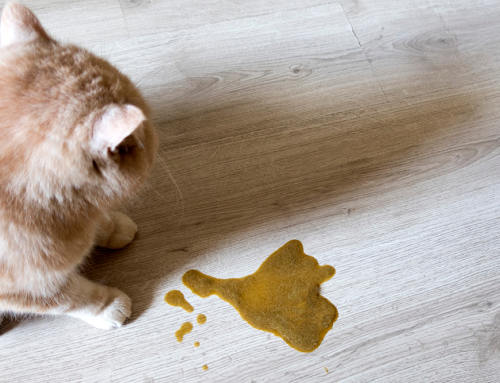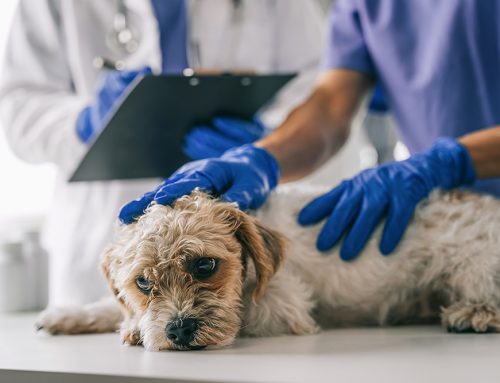Owning a pet means embracing unconditional love and companionship. But did you know your furry friend’s breed could influence their long-term health? At Wellness Animal Hospital in Lakewood Ranch, Florida, we’re here to guide you through understanding and managing breed-specific health problems to keep your pet thriving. Whether you’re a new pet parent or a seasoned animal lover, this guide equips you with the knowledge to proactively support your pet’s health.
What Are Breed-Specific Health Problems?
Breed-specific health problems are inherited conditions that occur more frequently in certain breeds due to genetics. These issues often result from selective breeding, which sometimes prioritizes appearance over health.
For instance:
- German Shepherds commonly face hip dysplasia, a painful joint disorder.
- Bulldogs are prone to breathing difficulties caused by their short snouts (brachycephalic syndrome).
- Persian cats often develop kidney disease due to their genetic predisposition.
While these conditions may sound concerning, being informed empowers you to take preventative measures and ensure your pet lives a happy, healthy life.
👉 Want to learn more about common pet health issues? Check out our article on Uncovering the Signs and Causes of Allergies in Pets.
Recognizing Symptoms and When to Act
Early detection can make all the difference in managing breed-specific health problems. Knowing what to look for is key.
Here are some signs to watch for based on common conditions:
Dogs
- Limping or reluctance to exercise – Could indicate joint issues in breeds like Labradors or Rottweilers.
- Snoring or loud breathing – A common symptom in brachycephalic breeds like Bulldogs and Pugs.
- Frequent vomiting or bloating – May signal gastric torsion in deep-chested breeds like Great Danes.
Cats
- Lethargy or difficulty breathing – Might be a sign of hypertrophic cardiomyopathy in Maine Coons.
- Excessive thirst or urination – A warning for kidney issues often seen in Persian cats.
- Sudden weight loss or hyperactivity – Symptoms of hyperthyroidism, particularly in Siamese or Abyssinian cats.
If your pet shows any of these symptoms, schedule a visit to your veterinarian promptly. Early intervention can greatly improve outcomes.
Why Professional Veterinary Care Matters
You may wonder: why not rely on home remedies or wait for symptoms to improve? Here’s why professional veterinary care is crucial:
- Accurate Diagnosis: Veterinary professionals use advanced tools like X-rays and ultrasounds to identify health issues early.
- Tailored Treatment Plans: Each pet’s health journey is unique. Your vet will create a plan tailored to your pet’s specific needs.
- Preventative Care: Regular screenings can catch potential problems before they escalate.
At Wellness Animal Hospital, we specialize in proactive health management, ensuring your pet stays healthy for years to come. Explore our Diagnostics to learn more.
Prevention and Management Tips
Preventing breed-specific health issues isn’t as daunting as it may seem. Here are practical steps you can take:
1. Choose Wisely
- Adopt pets from reputable breeders or shelters that provide health screenings.
- Ask for medical histories to understand potential risks.
2. Maintain a Healthy Lifestyle
- Feed your pet a balanced diet designed for their breed and age.
- Ensure regular exercise to prevent obesity, which exacerbates many genetic conditions.
3. Prioritize Routine Veterinary Care
- Schedule annual wellness exams (or biannual for senior pets).
- Discuss breed-specific concerns with your vet during each visit.
4. Plan Ahead
- For breeds prone to emergencies (e.g., gastric torsion in Great Danes), learn first-aid measures and keep your vet’s number handy.
How We Support Breed-Specific Health at Wellness Animal Hospital
At Wellness Animal Hospital, we combine expertise and compassion to manage breed-specific health challenges. From routine check-ups to specialized treatments like surgery and long-term care, our team is dedicated to helping your pet thrive.
Some of our key services include:
- Advanced Diagnostics: Early detection tools to identify health concerns.
- Preventative Medicine: Vaccinations, health screenings, and nutrition counseling.
- Surgical Solutions: From routine spaying and neutering to corrective procedures for breed-related conditions.
Discover more about our comprehensive services, including Surgery and Pet Treatment, to see how we can assist you and your pet.
The Importance of Preventative Care

Preventative care is your best defense against breed-specific health problems. Think of it as an investment in your pet’s future. By catching issues early, you not only extend your pet’s life but also save on potential long-term treatment costs.
For instance:
- Annual dental cleanings can prevent periodontal disease in small breeds like Chihuahuas.
- Routine blood tests may catch kidney disease early in Persian or Himalayan cats.
- Weight management programs help breeds like Dachshunds avoid spinal problems.
Every pet deserves the best care, tailored to their unique needs. Understanding your pet’s breed-specific health risks empowers you to make informed decisions and provide proactive care. Remember, a healthy pet is a happy pet!
If you’re concerned about potential breed-related health issues, schedule a consultation with Wellness Animal Hospital today. Let’s work together to create a personalized health plan for your beloved companion.
Don’t wait for symptoms to arise—be proactive about your pet’s health. Contact Wellness Animal Hospital to schedule a wellness exam and ensure your furry friend is on the path to a long, healthy life.







Leave A Comment